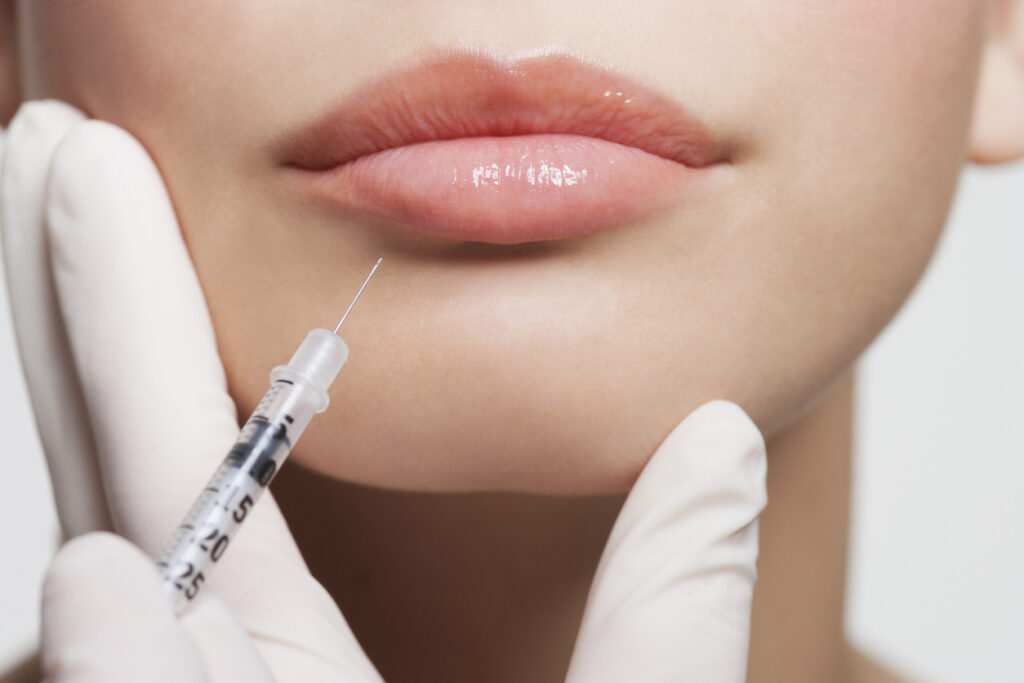The non-surgical cosmetic industry
The UK non-surgical cosmetic industry is a booming multi-billion pound industry, driven by consumers who are often influenced by celebrity culture, trends and social media.
Non-surgical interventions, including dermal fillers, Botox and chemical peels, are overwhelmingly performed in the private sector by practitioners who are not legally required to have any qualifications. Additionally, there is no requirement for a practitioner to hold insurance or for their premises to be registered with the Care Quality Commission.
As a result, the risks to the consumer are often high and the estimated increase in people seeking cosmetic procedures has not been matched by improved education on public expectation when accessing treatments or what could go wrong.
If performed incorrectly, procedures can result in a range of complications such as burning, scarring, infection and even blindness. These procedures are almost entirely unregulated.
The need for regulation
In recognition of this, NHS Medical Director, Sir Bruce Keogh, produced a Review of the Regulation of Cosmetic Interventions in 2013.
Describing the industry as ‘a crisis waiting to happen’, he urged formal and compulsory regulation, stating that all practitioners should be properly qualified to carry out all the procedures they offer and that an Ombudsman should be established to provide recourse to complain to hold negligent practitioners to account.
The government’s initial response was to commission Heath Education England to develop agreed qualifications and standards, in line with NHS practice, with a view to improving public protection. However, they ultimately failed to sufficiently respond to Sir Bruce’s recommendations and implement statutory regulation.
It has, therefore, been left to advisory bodies and associations to ensure that professional standards are maintained.
The Joint Council for Cosmetic Practitioners (JCCP) has adopted ‘Fitness to Practice Rules’ and procedures to provide assurance to the public that practitioners that they register work in accordance with their high standards. However, the register is voluntary, so there is no requirement, and little incentive, for a rogue practitioner to sign up and be subject to scrutiny, which could result in a restriction on practice.
The future
As the non-surgical cosmetic industry expands and spills on to the high street, making access to treatments easier than ever, we cannot underestimate the important of introducing statutory regulation to protect consumers.
Here at Bindmans, we have experienced regulatory lawyers who can assist you if you are a practitioner and seek advice as to how best to promote high standards of care and safe practice for your customers, or if you are an individual who has been affected by a negligent practitioner.
Written by Megan Rothman – Trainee, Employment and Professional Discipline Team

